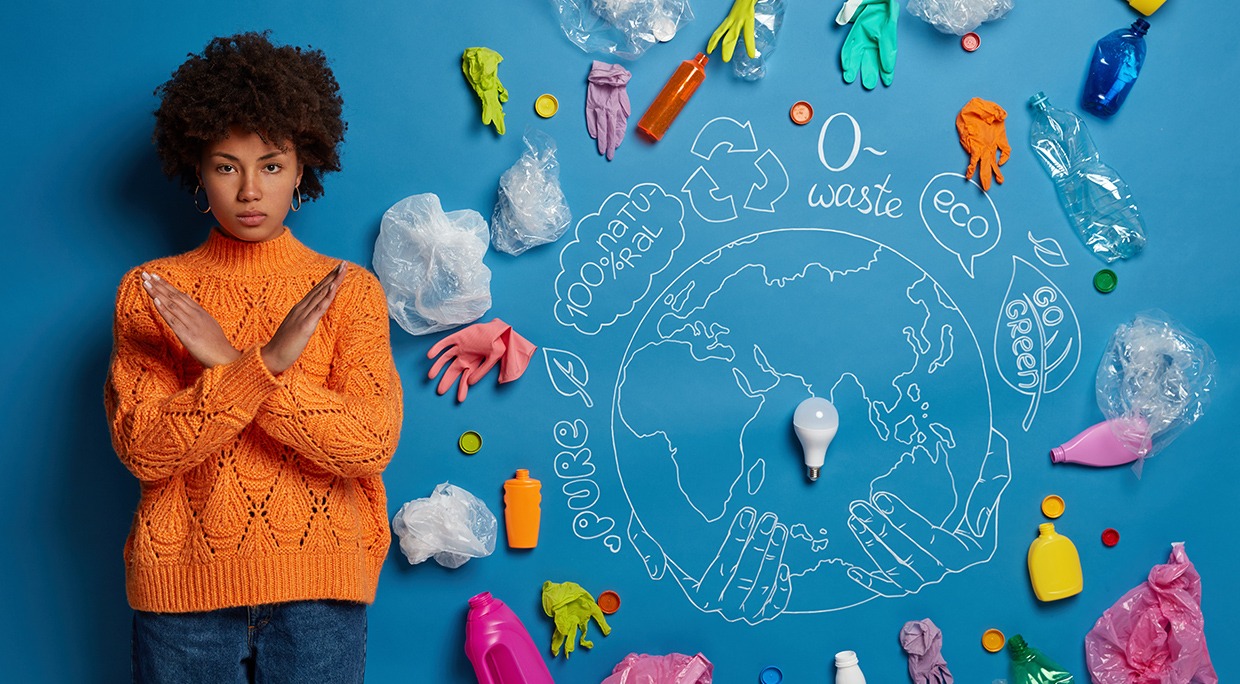Senegal is firmly committed to the path of environmental sustainability with the implementation of innovative regulations. This article examines the latest government initiatives, such as the law on energy transition, restrictions on the use of single-use plastics, and efforts to collect waste in public spaces. These measures reflect the Senegalese government's commitment to environmental protection and the creation of a cleaner future.
1. Law on Energy Transition:
The law on energy transition in Senegal marks a significant milestone in the country's vision for a sustainable energy future. By promoting the use of renewable energy sources and imposing strict emission standards, this law reflects the government's commitment to reduce carbon footprint and promote greener energy practices.
2. Regulation on the Use of Single-Use Plastics:
Senegal has taken proactive measures to address the growing issue of plastic waste by introducing strict regulations on the use of single-use plastics. These regulations aim to limit the production and use of non-recyclable plastics, highlighting the importance of reducing plastic pollution in the country.
3. Waste Collection in Public Spaces:
Waste collection initiatives in public spaces are on the rise in Senegal. Awareness programs are being implemented to encourage the population to actively participate in maintaining the cleanliness of public areas. Selective waste bins and cleanup campaigns are being established to facilitate responsible waste management.
4. Awareness and Environmental Education:
The Senegalese government emphasizes awareness and environmental education to encourage a comprehensive understanding of ecological issues. Educational programs are implemented in schools and communities, fostering a culture of environmental respect from an early age.
5. Promotion de l’Économie Circulaire :
Senegal actively supports the adoption of the circular economy by endorsing the reuse and recycling of materials. Incentives are in place to promote sustainable business practices and the design of environmentally responsible products.
The latest regulations from the Senegalese government demonstrate a strong commitment to environmental preservation and the promotion of sustainable practices. The law on energy transition, regulations on single-use plastics, and waste collection initiatives in public spaces mark a significant step toward a cleaner and more environmentally friendly future. These measures, coupled with ongoing awareness and education efforts, position Senegal as an ecological leader on the international stage.


